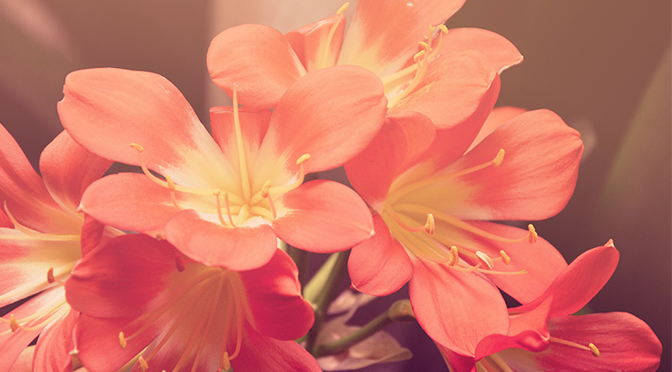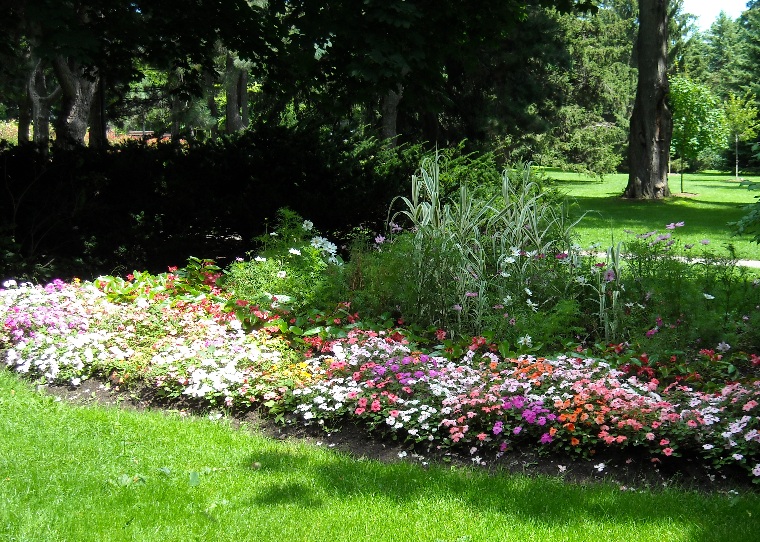TMA Bark
Growing Media in Your Professional Nursery; what you need to know
If you are a professional grower, you know that the quality of your product is vital.
Every seed and plant is your profit and your customers expect a consistent, high quality product, so making sure that you give each one the best chance of reaching its full potential.
Using the right soil enhancers, compost and growing media can make all the difference, and something as simple as choosing the right grade, wood content and PH balance can mean everything.
What is the difference between compost and growing medium?
Compost is organic matter that has broken down by decay and is nitrogen rich, usually being added to soil to improve the nutrient quality. Bark based growing mediums have no decomposed material, but still hold many benefits for seedlings and plants such as;
- Providing anchorage
- Allows for adequate air circulation around roots and allow root respiration
- To hold and gradually release water
- To hold onto nutrients
Why do you need specialist growing mediums for professional nurseries?
Seedlings and cuttings are nutrient sensitive as their root systems are still underdeveloped and as such need to be planted in nutrient stable environments. Finer grade bark mix can help create the right conditions for seedlings to flourish.
Why are more professional growers moving away from peat?
Peat takes a long time to form and the current demand from growers is exceeding the rate in which peat can be formulated. UK peat bogs are at risk, so both professional and amateur growers are having to look elsewhere for the same results. Professional grade bark growing medium is the alternative to peat and is slowly being adopted as an acceptable alternative within nurseries.
Do I have to treat bark growing media differently?
Bark, wood fibre and coir (coconut skin) media all drain water more freely, so adopting a ‘little and often’ watering pattern would be wise. Bark tends to hold onto water better than peat, and although can look dry on the surface, may be retaining moisture under the surface. If it does dry out, bark is easier to re-moisten than natural peat.
TMA Bark’s range of Professional Grade ‘Pro-Range’ bark is ideal for mixing with a peat substitute product or using as a top dressing and comes in 8-16mm Pine Nursery Grade, 0-8mm Composted Bark Fines and 0-8mm Pine Pro Fines.
Ideal for any nursery growing project and FSC certified.
Contact our team today to discuss your individual nursery requirements or to order one of our products by calling 01362 638 441 or visit our website.



